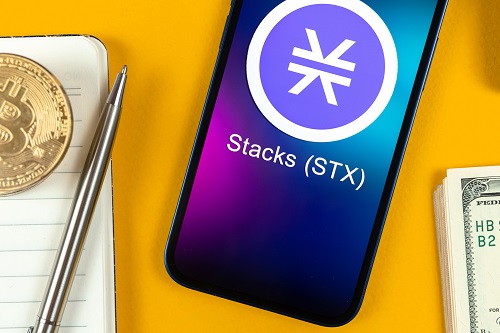Stacks, the largest Bitcoin layer-2 network, is on the verge of a transformative upgrade known as Nakamoto. As the Nakamoto upgrade approaches, Stacks’ native token, STX, currently trading at $1.80, is up 68% from its August lows.
Scheduled to begin this week, the Nakamoto upgrade promises to be a pivotal event for the platform, heralding significant changes in transaction efficiency and expanding use cases.
Stacks Nakamoto upgrade
The Stacks Nakamoto upgrade is set to drastically reduce average transaction times from 10 minutes to mere seconds.
Such a leap in efficiency opens the door to a range of new applications, including the creation and utilization of liquid stacking tokens. These tokens can now be seamlessly integrated into Decentralized Finance (DeFi) platforms, allowing users to deposit, borrow, and leverage liquidity with greater ease.
In conclusion, the Nakamoto upgrade will facilitate the:
• Interaction with DeFi apps in seconds
• Implementation of DeFi strategies, which require fast blocks
• Onboarding builders looking to build high-throughput use cases on Bitcoin.4/4
— stacks.btc (@Stacks) August 25, 2024
In addition to improved transaction speeds, the Nakamoto upgrade will introduce sBTC, a new asset pegged 1:1 to Bitcoin.
Unlike wrapped Bitcoin (wBTC), which relies on a central custodian, sBTC aims to provide a decentralized alternative. This enhancement promises increased censorship resistance, cost efficiency, and robust security features.
By simplifying Bitcoin’s use in DeFi, non-fungible tokens (NFTs), and gaming, sBTC is expected to differentiate itself from existing solutions and attract more creators to the ecosystem.
The anticipated upgrade is not only poised to revolutionize transaction processes but also to bolster the DeFi and NFT sectors within the Stacks network.
As developers roll out the Nakamoto upgrade, the Stacks is likely to see increased adoption and innovation, positioning it as a significant player in the evolving landscape of Bitcoin layer-2 solutions.
